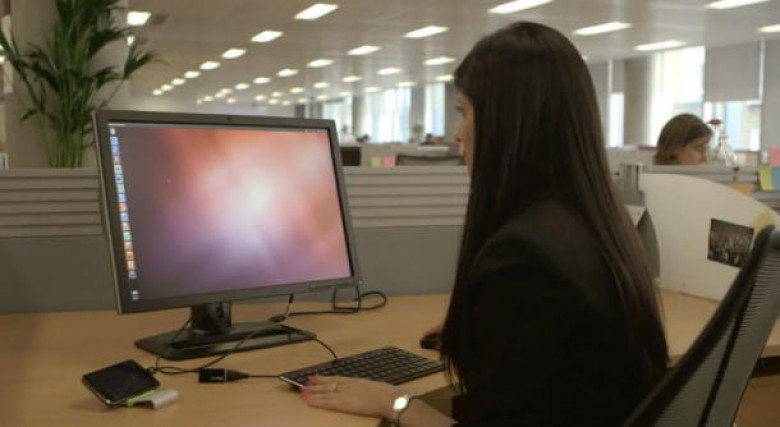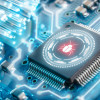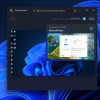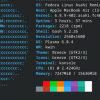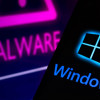Want to see the future of Microsoft's software? Take a look at the Ubuntu Edge
Of all the possible future of computing devices, one that seems so appealing—superficially, at least—is a single converged gadget that does it all. A pocketable thing that gives you computing and Internet connectivity when you're out and about, but it's equally capable of driving a big-screen monitor, mouse, and keyboard when you're sitting at a desk doing some work, watching streaming media, or playing a game on your TV.
This is, I would argue, the future that Microsoft is driving at. Microsoft has long maintained that tablets are PCs: that a computing device is a computing device, and that it should support many different kinds of input devices and applications. A device's role should be defined by how it's being used at any moment in time, rather than its role being an essential characteristic of the device.
Microsoft's convergence, however, is still some way off. Although Windows 8 makes a credible argument that tablets and PCs can be one and the same, Microsoft's smartphone ecosystem is still rather separate. There is commonality in the kernel and in some aspects of the development model and APIs, but other parts remain unique to the phone.














































